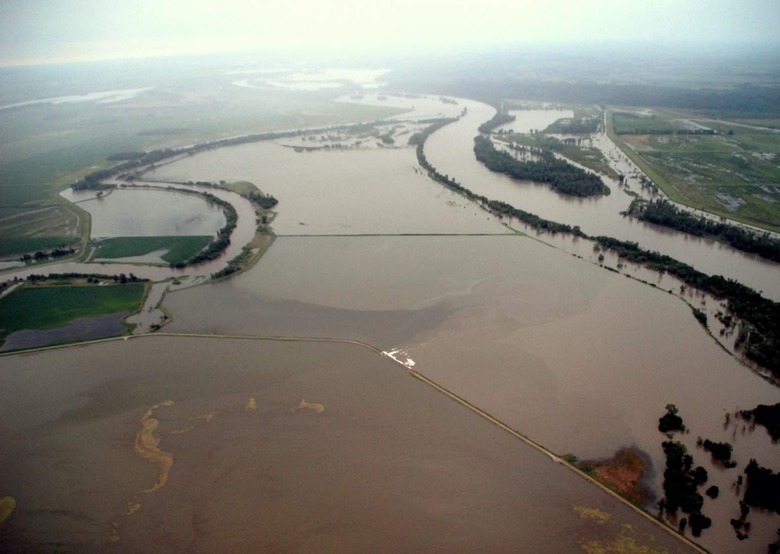NASA & ESA Partnership Sounds "All-Hands-On-Deck" Climate Change Alarm
NASA and the European Space Agency (ESA) are teaming up to tackle climate change, inking a new strategic partnership that will see the collected observations of Earth from space released freely. The collaboration comes amid ominous predictions for how changing global temperatures and rising sea levels will expand flooding, accelerate fires, and see even greater extremes in weather conditions.
Just this week, in fact, NASA researchers warned that climate change was likely to make seasonal flooding far more serious. Higher sea levels, combined with the Moon's natural "wobbly" cycle, could see widespread surges across coastal regions through the 2030s, the space agency predicted.
It's just one alarm sounded over the past few years, as NASA and the ESA tap satellite data and other observations to help record the way climate and ecology are changing.
"We are already witnessing the effects of climate change through rising temperatures, rising sea levels, melting ice and thawing permafrost, for example," Toni Tolker-Nielsen, Acting Director of Earth Observation Programmes at the ESA, said of the collaboration. "Both ESA and NASA have excellent tools and the expertise to advance Earth science, so working together we will be able to achieve much more."
The two space agencies already collaborate on climate-focused missions, such as Copernicus Sentinel-6, which will try to measure sea level changes over longer periods.

"Climate change is an all-hands-on deck, global challenge that requires action – now," Bill Nelson, NASA Administrator, said in a statement. "NASA and ESA are leading the way in space, building an unprecedented strategic partnership in Earth science. This agreement will set the standard for future international collaboration, providing the information that is so essential for tackling the challenges posed by climate change and helping to answer and address the most pressing questions in Earth science for the benefit of the United States, Europe, and the world."
The strategic partnership will amplify existing efforts. It'll see NASA and the ESA plan more collaboratively, trying to maximize the impact of their respective projects – and their budgets – by picking options with the most synergy. They'll also "coordinate and cooperate on key strategic programmatic, scientific and policy interests," along with discovering how the two can work more rapidly, and efficiently, together.
Key will be a new open data policy, which NASA and the ESA plan to develop. That will promote the open sharing of data, knowledge, and information, both within the scientific community but, vitally, with the public at large.
"Not only will NASA and ESA work together to deliver unparalleled Earth science observations, research, and applications, but all of our findings will also be free and open for the benefit of the entire world as we work together to combat and mitigate climate change," Thomas Zurbuchen, NASA associate administrator for science, said in a statement.
